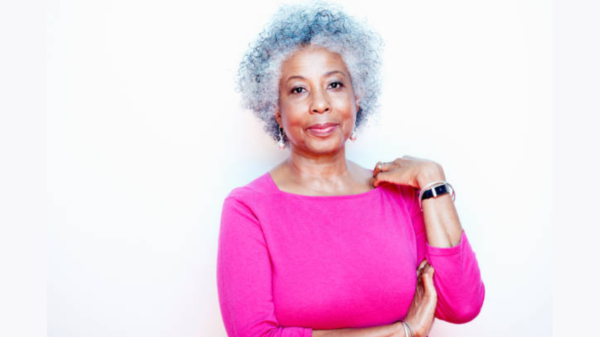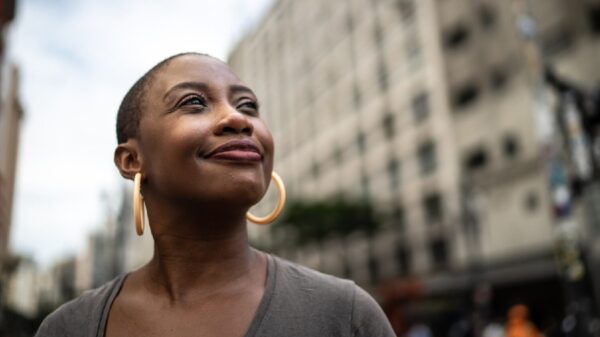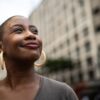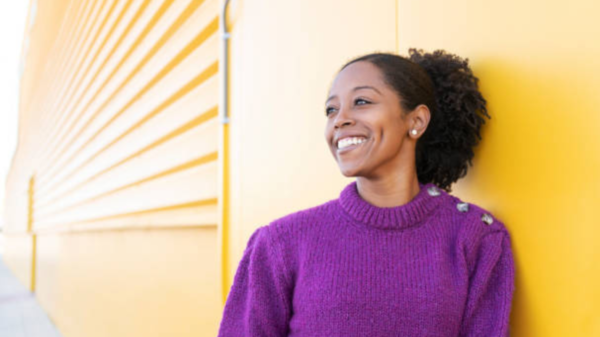
Black Headline News
Minnesota Spokesman Recorder
By Dr. Joan Prince
When America gets a cold, the Black community gets pneumonia. This saying is well known to many who pay attention to topics of health care and health equity in this health-compromised and vulnerable population in America.
Yes, there have been colds, there has been pneumonia, and now there is Covid-19. Once again, those who can least accommodate another health epidemic are the most adversely affected. As a national advocate for equity and a research consultant for the national “We Can Do This” Covid-19 vaccination campaign, these are not just my musings. Look at the data.
According to the Centers for Disease Control and Prevention (CDC), Black individuals are about twice as likely to be hospitalized or die from Covid infections than their White counterparts. They also report that pregnant Black women are twice as likely to die than their White counterparts if the cause is the Covid-19 virus.
Studies are pending regarding the effects of known variants of the virus on this same population, but there is no evidence to date to suggest that the data will positively affect the current disparate results.
However, Covid vaccination rates for the Black community still lag behind their White counterparts on all levels (primary vaccine series and additional vaccine doses). Representing nearly 13% of the U.S. population, the Black community is one of our country’s communities that was hit hardest by the Covid pandemic.
According to the Centers for Disease Control and Prevention (CDC) Data Tracker, as of September 14, 2022, 43.3% of the Black population was fully vaccinated. This uptake is the lowest among all races/ethnicities.
CDC’s weekly tracker on vaccine demographics also shows only 46.2% of Black Americans ages five years and older who are eligible for a booster dose have received one booster as of September 14, 2022, compared to 59.8% of White Americans ages five and older who are eligible for a booster.
Research data, both primary and secondary, has disclosed several barriers viewed by the Black community as it relates to receiving the vaccine. Barriers identified were a failure to believe messaging around the benefits of the vaccines due to a reliance on sources that were not research-documented, and a lack of trust in traditional providers and the current healthcare delivery system.
Simply providing the vaccine in community locations was not enough to drive individuals to the sites. Other strategies were necessary to increase engagement and decision-making around the virus itself and ways to attack it that include vaccination and other preventive measures.
According to research conducted as part of our campaign, several culturally related strategies were identified to address this issue. The use of culturally linked partnerships with known entities (e.g., Black sororities, fraternities, social and fraternal organizations), culturally targeted media programming where trusted messengers reflect the community of interest, and culturally targeted community outreach (activities in the community during community meeting times) rose to a priority level after the community was interviewed regarding their thoughts on the vaccines.
Data identified as barriers by other sources also indicated that hours when vaccinations were available were not conducive to access, as they conflicted with work hours and school activities. Other barriers included a lack of transportation to several of the vaccine sites due to public transportation interruptions.
There was also discussion around the lack of ease of registration for the vaccine and presenting information about the vaccine in an understandable fashion for the non-medical community. It is clear that all those involved in the vaccine rollout must respect this message and those that carry the message, with a targeted effort on increasing trust in the health delivery systems through the removal of institutional barriers that continue to exist.
There is no “one size fits all” when it comes to addressing health equity issues. We must find the size that fits this adversely affected segment of the American family if we want the outcomes to be different. We too are America.
Dr. Joan Prince is a native of Milwaukee, Wisconsin, and a consultant on CMRignite’s Research Team. She was the first African American recipient of a bachelor’s degree in medical technology and a master’s in clinical laboratory sciences, with a specialty in hematology and flow cytometry from the University of Wisconsin-Milwaukee.









You must be logged in to post a comment Login